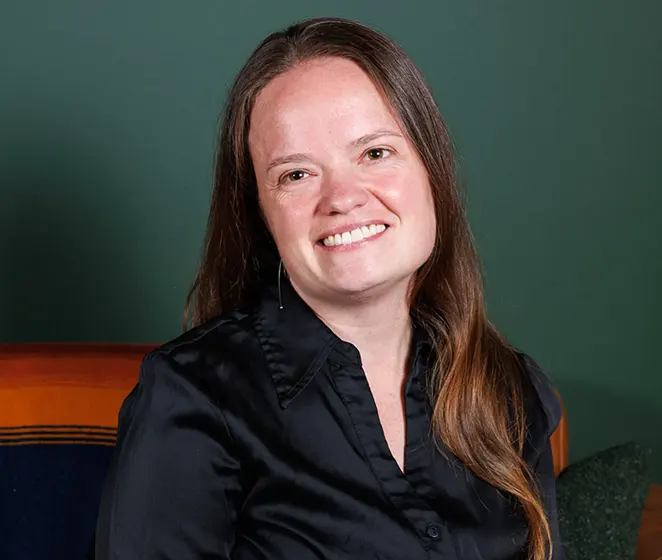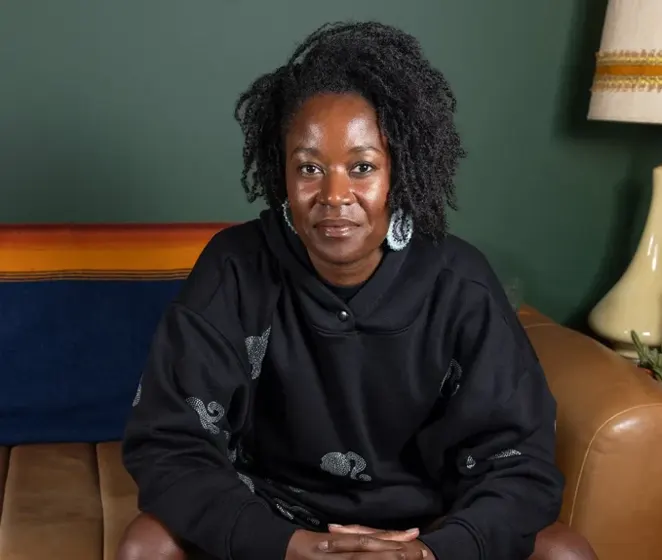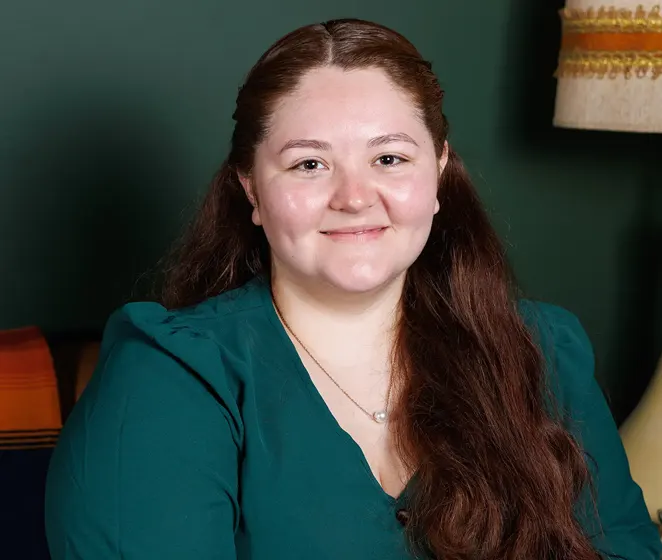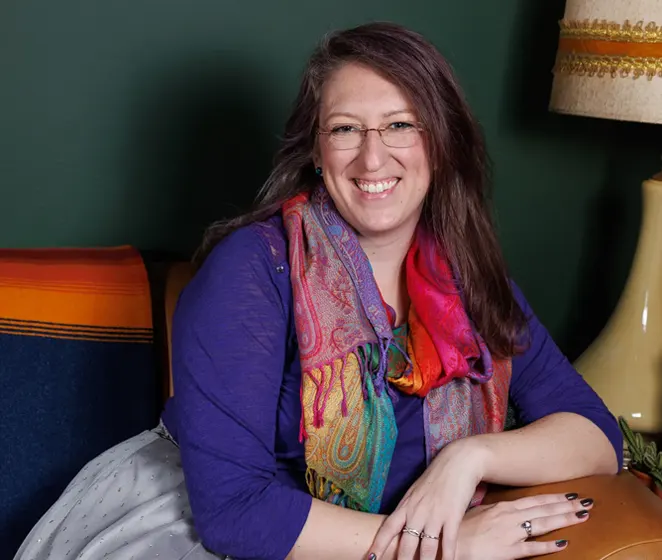Wondering if spiritual trauma and sexual repression really count as trauma? In this post, we explore why Sacred Wounds by Teresa Mateus is a vital resource for anyone recovering from religious harm, sexual shame, or inherited systems that made their body—or their truth—feel unsafe.
In our practice, we often sit with people who carry wounds that don’t have easy names.
Wounds shaped by doctrine, silence, shame, or systems that claimed to be sacred but left behind confusion and pain.
Religious trauma is real—and it’s often invisible. Especially when it intersects with sexual suppression, queerness, spiritual abuse, or identity denial in the name of “faithfulness.” Many clients don’t even use the word “trauma” to describe what they’re carrying. They just know something doesn’t feel right in their body, in their spirituality, or in their ability to trust.
That’s why we’re recommending a powerful resource for anyone navigating these sacred wounds:
.
Sacred Wounds: A Path to Healing from Spiritual Trauma by Teresa Mateus
This book offers language for what often feels unspeakable.
Teresa Mateus—therapist, trauma survivor, and former friar—writes with both clinical clarity and personal intimacy. She names the specific ways religious systems harm: silencing women, demonizing sexuality, erasing queer bodies, punishing difference. Instead of pathologizing survivors, she offers space and clarity to the lived experience of religious trauma. Space to grieve, question, reconnect, and reclaim.
The updated second edition (2025) expands even further, bringing in themes like Christian nationalism, allyship, interfaith trauma, and embodied repair. For clients who come from conservative, high-control, or purity-based systems, this book often feels like a mirror and a balm.
Why We’re Recommending This Book
Because it’s rare.
Most trauma literature sidesteps religious harm. And most religious discourse sidesteps trauma entirely. Sacred Wounds does neither. It brings both into focus—honestly, compassionately, and without spiritual bypass.
Liz Frost (she/her), the founder of Intentional Spaces, is deeply committed to supporting individuals healing from religious trauma, helping them reconnect with their authentic selves. She understands how faith-based systems, particularly those rooted in patriarchy, rigidity, and purity culture, can sever a person’s connection to their body, their voice, and their inner wisdom.
In her work, Liz takes a trauma-informed, power-aware approach, helping clients navigate the often complex tension between inherited beliefs and their embodied truths. She creates a safe space for clients to explore this tension without the pressure to resolve it hastily, offering compassion and understanding. As she says:
“Many individuals carry the belief that who they are is inherently wrong or unsafe. My work is about guiding them to reclaim their inner knowing—not as something to fear, but as a source of strength.”
Sacred Wounds is a resource Liz frequently recommends to clients seeking to understand how trauma is stored in the body, not only from personal experiences but also from the oppressive systems we’ve survived. Whether clients are deconstructing a faith tradition, unpacking spiritual abuse, or relearning to trust their own voice, this book becomes an invaluable companion on their healing journey
A Quote That Stays With Us

“When spirituality is weaponized, the wounds it leaves are not just emotional or intellectual—they’re bodily. They live in the nervous system, in our breath, in the space between our ribs.”
— Teresa Mateus, Sacred Wounds
Who This Book Is For
- People healing from purity culture, spiritual abuse, or ex-evangelical experiences
- Clients exploring how their sexuality or gender expression was shaped or shamed by religion
- Survivors of cult dynamics, religious homophobia, or faith-based power abuse
- Therapists, spiritual directors, and peer supporters seeking a trauma-informed spiritual lens
You don’t have to be “deconstructing” to benefit. You don’t even have to name your experience as trauma. If something in your spiritual past still lives in your body, this book might offer you language, context, and care.
Integrating This into the Therapy Room
We often refer Sacred Wounds to clients doing work around internalized shame, spiritual detachment, or sexual reclamation. Some bring passages into session. Others read a chapter and set it aside for months. Either is valid. This isn’t a book meant to be consumed quickly. It’s meant to accompany you.
It also offers contemplative practices from multiple traditions—including body-based grounding, journaling prompts, and ritualized grief work. These can be especially supportive for clients who feel disconnected from their intuition or community.
If You’re Holding Sacred Wounds
You’re not alone.
You don’t have to “forgive and move on.”
And you don’t have to abandon all things spiritual in order to heal.
There are ways to honor what you lost, reclaim what still matters, and come home to yourself—body, spirit, and all.
This book is one resource among many, but we’ve found it to be a tender and trustworthy guide.
Interested in exploring this theme in therapy?
Several of our therapists welcome conversations about religious harm, embodiment, and healing. Whether you’re ready to name your pain or just beginning to question it, we’re here to hold it with you.















